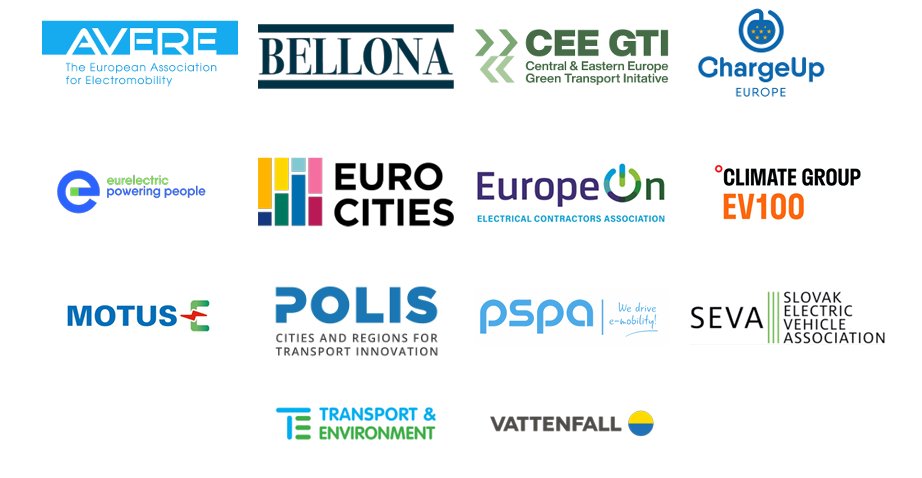
New Managing Director for Bellona Norway
The Board of the Bellona Foundation has appointed former Minister of Climate and the Environment Sveinung Rotevatn as Managing Director of Bellona No...
News

Publish date: November 9, 2022
News
Stakeholders from the entire e-mobility ecosystem, wrote to Commissioner Breton, expressing their concerns over his recent comments to Brussels media, in which he warned of a “gigantic disruption” to the automotive sector in the face of reinforced car and van CO2 standards.
The letter reminds the Commissioner that:
Read the full letter here.

The Board of the Bellona Foundation has appointed former Minister of Climate and the Environment Sveinung Rotevatn as Managing Director of Bellona No...

Økokrim, Norway’s authority for investigating and prosecuting economic and environmental crime, has imposed a record fine on Equinor following a comp...

Our op-ed originally appeared in The Moscow Times. For more than three decades, Russia has been burdened with the remains of the Soviet ...

The United Nation’s COP30 global climate negotiations in Belém, Brazil ended this weekend with a watered-down resolution that failed to halt deforest...